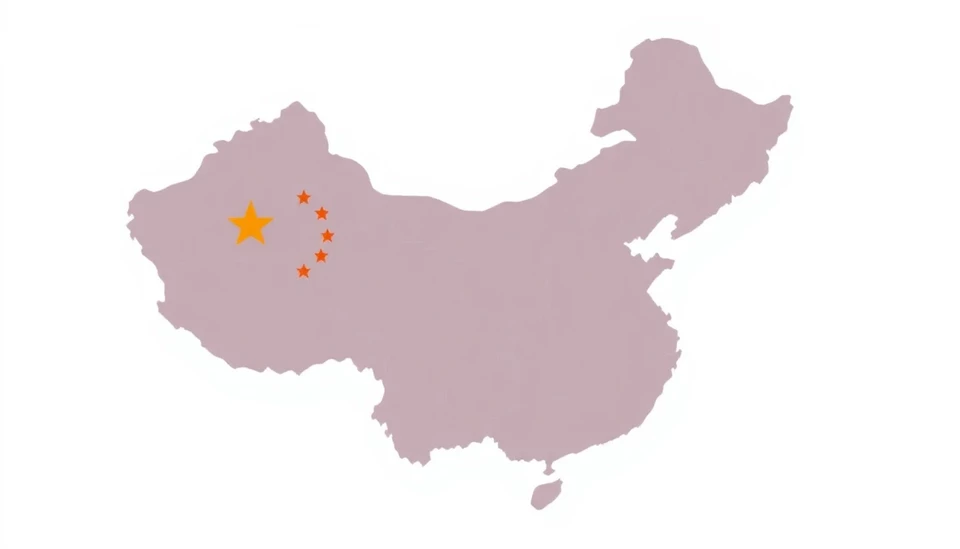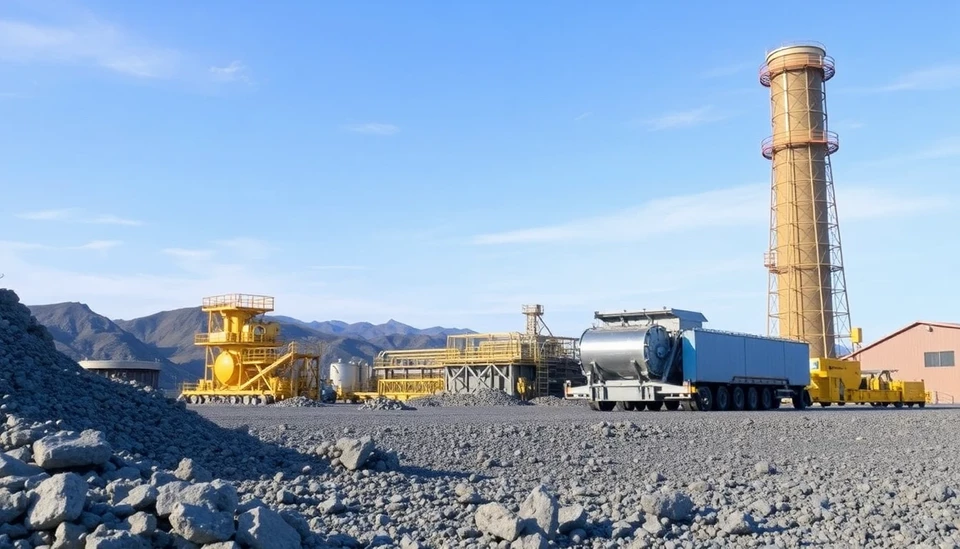
In a surprising turn of events, the Democratic Republic of Congo, one of the world’s largest producers of cobalt, has announced an unexpected ban on the export of the mineral. This move has sent shockwaves throughout the global markets, particularly impacting the cobalt sector. As a primary component in lithium-ion batteries, cobalt plays an essential role in various industries, including electric vehicles and renewable energy storage, making its supply critically important.
The ban, which came into effect without prior warning, has triggered an immediate surge in cobalt stocks listed on Chinese exchanges. Market analysts note that the Sanju Environmental Protection and Technology Co. experienced a remarkable 10% increase in its stock price, while numerous other mining and battery-related companies also reported upward trends following the announcement.
This decision reflects the Congolese government’s efforts to tighten control over its vast mineral resources and ensure that more of the profits benefit local communities. The government aims to promote domestic processing of cobalt, which has previously been predominantly exported in raw form. This shift towards more stringent export regulations may have long-term implications for the international trade dynamics of cobalt and its derivatives.
China, a major player in the global cobalt supply chain, has raised concerns about the repercussions of the ban, especially given the growing demand for cobalt in battery manufacturing. The country relies heavily on Congolese cobalt to meet its production needs, and any disruptions to this supply could propel commodity prices higher, affecting manufacturers and consumers alike.
Investment analysts warn that the abrupt ban could lead to increased prices for cobalt worldwide as companies scramble to secure alternative supplies. Some companies may even consider diversifying their sourcing strategies to mitigate the risks associated with geopolitical fluctuations in the cobalt supply chain. The uncertainty surrounding the situation in Congo could also drive innovation in materials science, as manufacturers seek substitutes for cobalt in battery production.
As markets continue to react to the news, stakeholders are left to ponder the potential long-term impacts that this export ban could have on both global cobalt prices and the broader electric vehicle market. With countries worldwide pushing for greener technologies, the stability of cobalt supply will be pivotal in maintaining momentum toward achieving sustainable energy solutions.
In conclusion, the unexpected export ban by the DRC is reshaping the cobalt landscape in ways that will likely resonate throughout various sectors. The immediate market reactions highlight the interconnectedness of global supply chains and underscore the volatile nature of commodity markets influenced by political decisions.
#Cobalt #ExportBan #DemocraticRepublicofCongo #China #ElectricVehicles #LithiumIonBatteries #MarketSurge #GlobalTrade
Author: Victoria Adams




